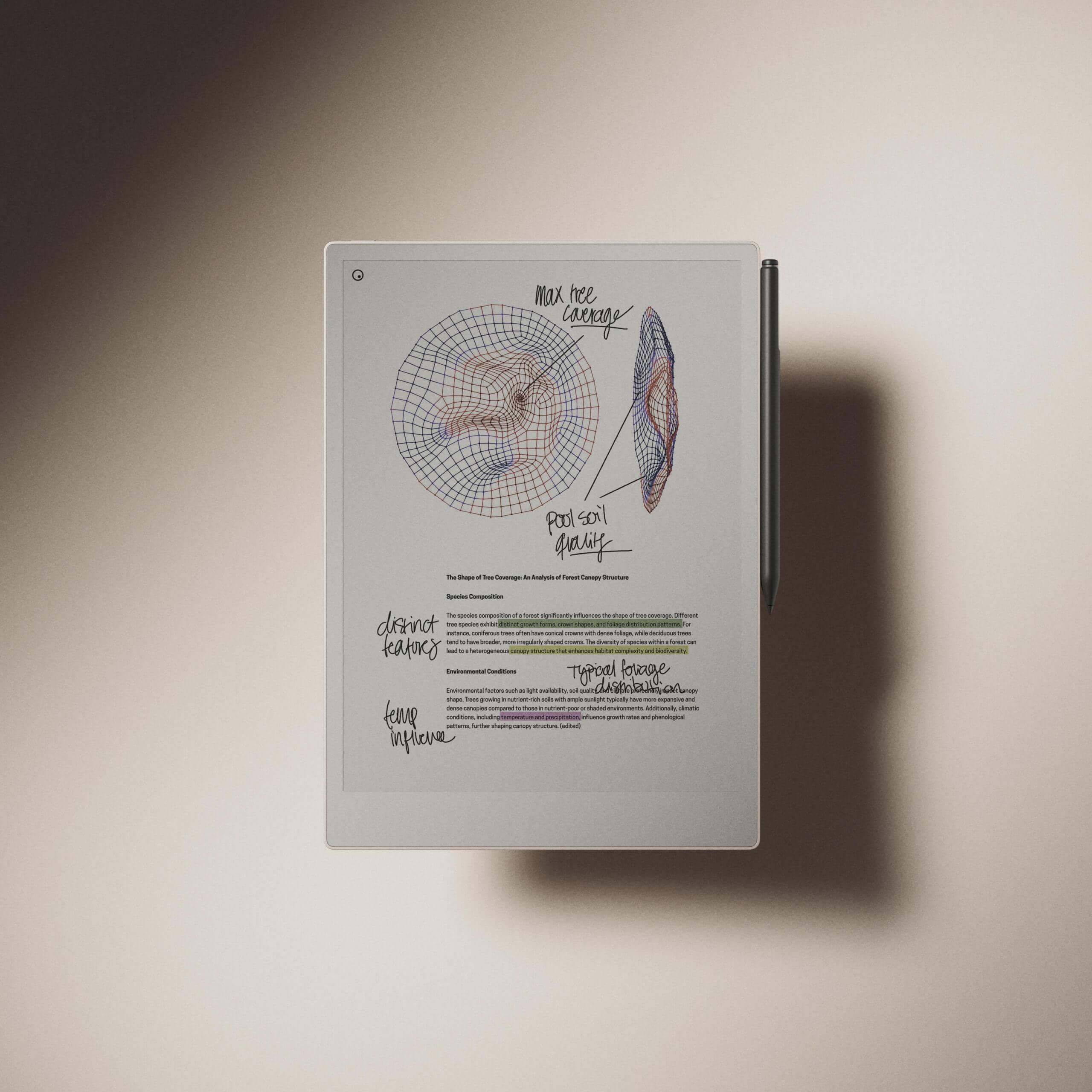The court has ruled against the Internet Archive terming its operations to be against the interest of the publishers, The Verge reported. The Second Circuit Court of Appeals stated that Internet Archive has been lending out e-books without permission from the publishers which is clearly in violation of existing laws. The court said allowing the organization to function would not only deprive the creators of their rightful earnings but can also negatively impact their motivation to create new stuff.
The Internet Archive follows a system that is called the Open Library. Under this scheme, users are allowed to ‘borrow’ digital copies of physical books. The idea was to replicate the traditional library lending system in that only that many digital loans were allowed as there were physical copies in a library. This was different from services like OverDrive, where publishers sell e-books with time-limited licenses under their own conditions.
Things however changed during the Covid-19 pandemic when Internet Archive expanded its library project to give rise to what came to be known as the National Emergency Library. Here, an unlimited number of people were allowed access to the same e-books at the same time. This seems to have acted as the trigger for the big four publishers – Hachette, Penguin Random House, Wiley, and HarperCollins – to come together and file a lawsuit that challenged both the Open Library and the National Emergency Library.
The Second Circuit Court’s ruling took into account both the good and the bad aspects of the Internet Archive’s digital library but ultimately came out in support of the publishers. Earlier, a federal judge had ruled that the Internet Archive simply can’t scan and lend out books like a traditional library. The Internet Archive had appealed that decision.
“Today’s appellate decision upholds the rights of authors and publishers to license and be compensated for their books and other creative works and reminds us in no uncertain terms that infringement is both costly and antithetical to the public interest,” Association of American Publishers president and CEO Maria A. Pallante said in a statement. “If there was any doubt, the Court makes clear that under fair use jurisprudence there is nothing transformative about converting entire works into new formats without permission or appropriating the value of derivative works that are a key part of the author’s copyright bundle.”
Chris Freeland, director of library services at the Internet Archive, expressed disappointment with the ruling. Freeland also stated they are weighing their options in view of the latest court ruling.
“We are reviewing the court’s opinion and will continue to defend the rights of libraries to own, lend, and preserve books,” Freeland mentioned in a blog post on its site. He also mentioned a petition to help restore access to the 500,000 books that publishers had restricted earlier.
With a keen interest in tech, I make it a point to keep myself updated on the latest developments in technology and gadgets. That includes smartphones or tablet devices but stretches to even AI and self-driven automobiles, the latter being my latest fad. Besides writing, I like watching videos, reading, listening to music, or experimenting with different recipes. The motion picture is another aspect that interests me a lot, and I'll likely make a film sometime in the future.

